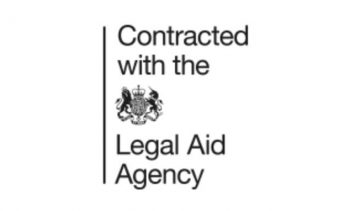New Domestic Abuse Act becomes law
The Domestic Abuse Act 20201 became law after the royal assent on 29th April. The landmark legislation aims to provide added protection to the millions of people in the UK that suffer from domestic violence.
The listed below are the added protection:
- Increase scope to include controlling and cohesive behaviour to acknowledge that perpetrators can continue the abuse even after they no longer live with the victim.
- Ban on cross-examination of survivors in court, this was after a successful campaign by the Law Society, Women’s Aid who cited its traumatic impact on the victims of domestic abuse.
- A widening of revenge porn laws, to include threats to disclose intimate images with the intention to cause distress.
- Recognition for the first time that children who live in a home where domestic abuse takes place and who see, hear or experience the effects of that abuse can be victims in their own right rather than witnesses for the first time.
- An enshrining into law of the automatic priority need for housing and homelessness assistance for all eligible homeless victims of domestic abuse aged 16 and over.
Contact our Solicitors in Enfield on 02034173859 if you require further information and you want to know more about our service.


